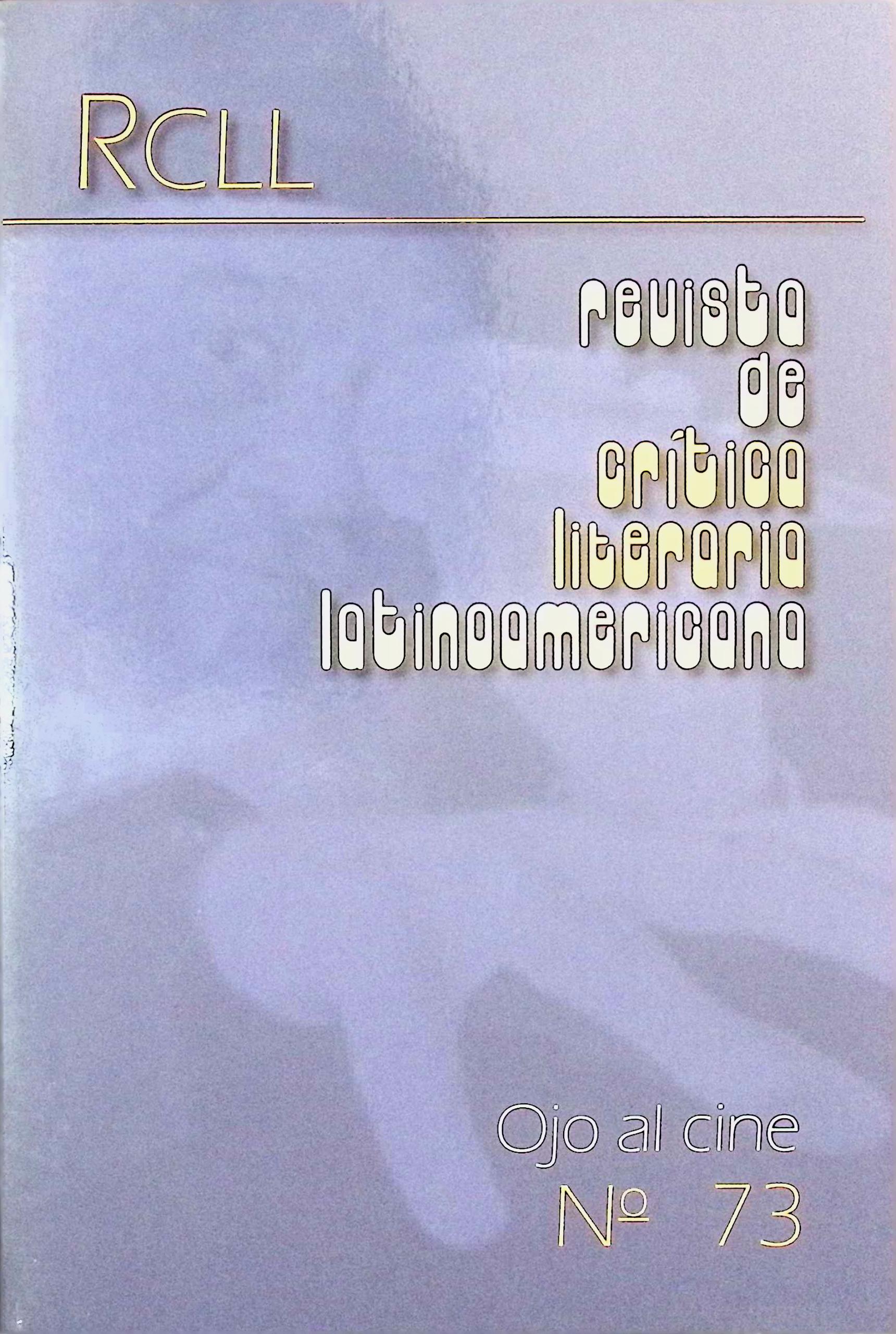Filming marginalized children. Social and sexual marginality and the subversive power of the "time-image" in Héctor Babenco's Pixote
Keywords:
marginality, dictatorship, re-democratization, neoliberalism, timeimage, micro-politics, Deleuze, macro-politics, molecular, molar, cinema novo, popular cinema, authoritarianismAbstract
This article focuses on the representation of marginality as a way of criticizing and denouncing wider social and political forces in Brazil and thereby revealing the social and political anxieties of the Brazilian society of the early 1980s in Hector Babenco’s Pixote (1981). Focusing on some self-reflexive sequences in which the cinematic image seems to have suspended the logic of cause and effect which links actions in time, I point to moments within the film in which the flow of movement seems to be interrupted, thereby foregrounding the film’s self-conscious theoretical dimension. Such a break of movement, which produces the emergence of the time-image (to use Deleuze’s concept) allows for the possibility of aesthetic, ethical and political transcendence. From this perspective, I explore how Pixote can articulate a self-affirmative and emancipatory identity and subjectivity at a micro-political level as a way of challenging the hegemonic ideology under which the film is contextualized at a macropolitical level.





